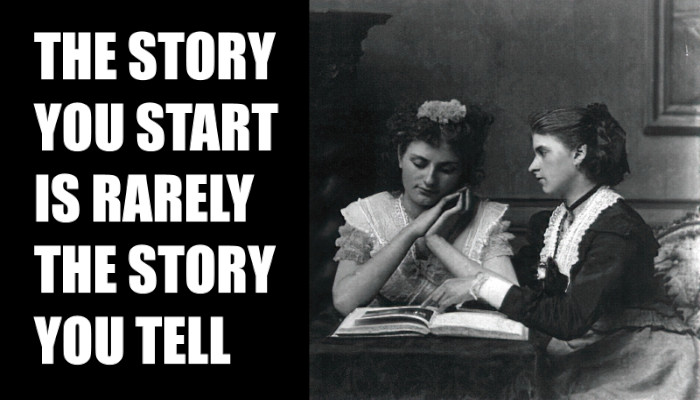
This morning I started writing a piece about President Lincoln’s use of language in the Gettysburg address. Instead, as happens frequently, I ended up writing something totally different.
You see, my muse is fickle. She arrives when she wants, and while I can’t predict her arrivals, I’ve learned that I can attract her through a simple act: writing…ANYTHING. She loves the rhythmic sound of fingertips striking a keyboard and if she’s in the mood, we start dancing.
But that’s when all bets are off. Any thoughts of continuing down the original story path are futile, as my suddenly invigorated fingertips struggle to keep up with a barrage of wild new ideas. Some are good and others aren’t, but it doesn’t matter. The thought-train is barreling downhill and my job is get out of its way.
That’s what happened when I started writing about the Gettysburg Address. As I studied an old photograph from the actual event, I wondered what the people in it were thinking. That’s when she arrived and steered me away from a linquistic story to a more historical one. The resulting rough draft wasn’t quite StoryHowish, yet, it still lead me to think more deeply about my own process.
Writing, as in storytelling, is not a linear process. No matter how hard you try to maintain a strait line from point A to point B, the muse forces course-corrections to F, then through W, and finally concluding at Z. Resisting such deviations leads only to frustration. Therefore, the measure of any skilled storyteller is the ability to put one’s ego aside to find the right story.
Have you set out to tell a story but find yourself blocked? Woo the muse with the call of the keyboard. Perhaps she’ll help you find a better path.
Now, let’s see if I can finish that piece on the Gettysburg address.
Photo Credit: Williams, Sophus, photographer. Woman Looking at Book as Another Woman Points to Something in the Book. , None. [Berlin: loescher & petsch ; verl. e. linde & comp. sophus williams between 1867 and 1873] Photograph. https://www.loc.gov/item/96519653/.